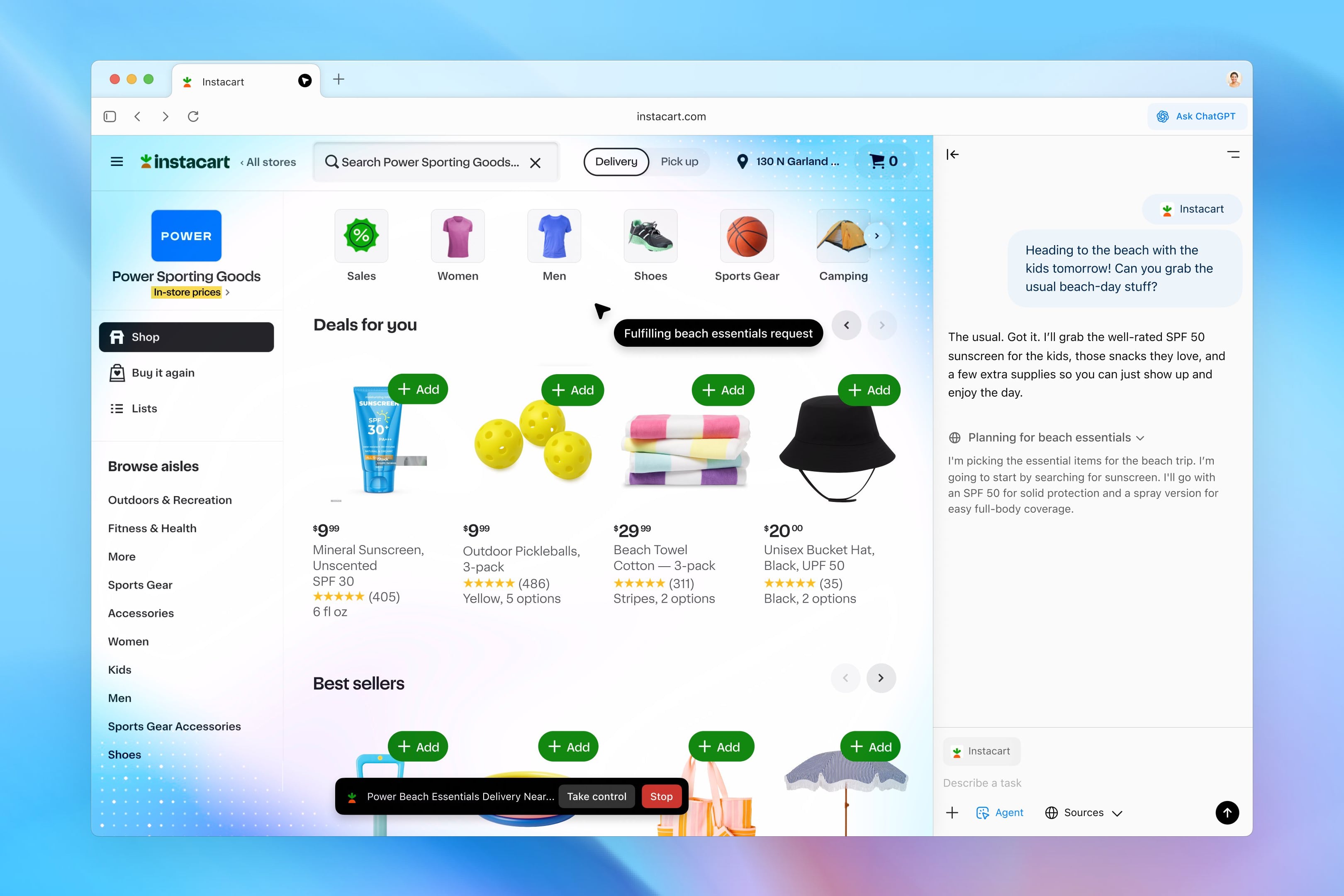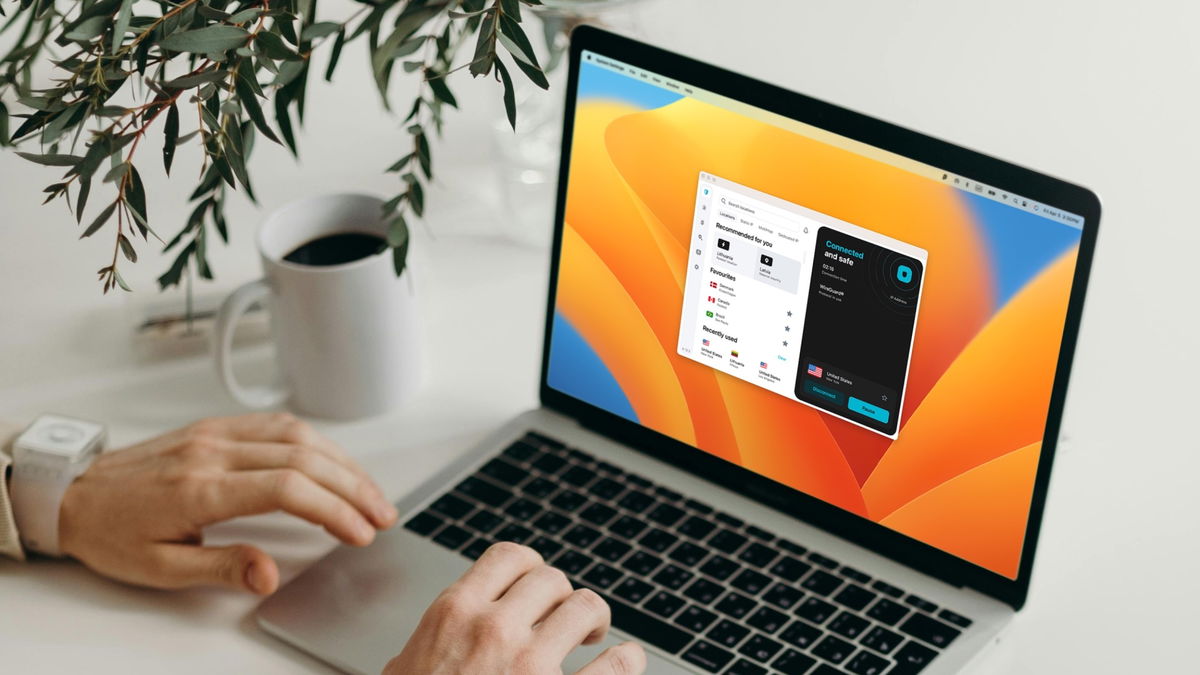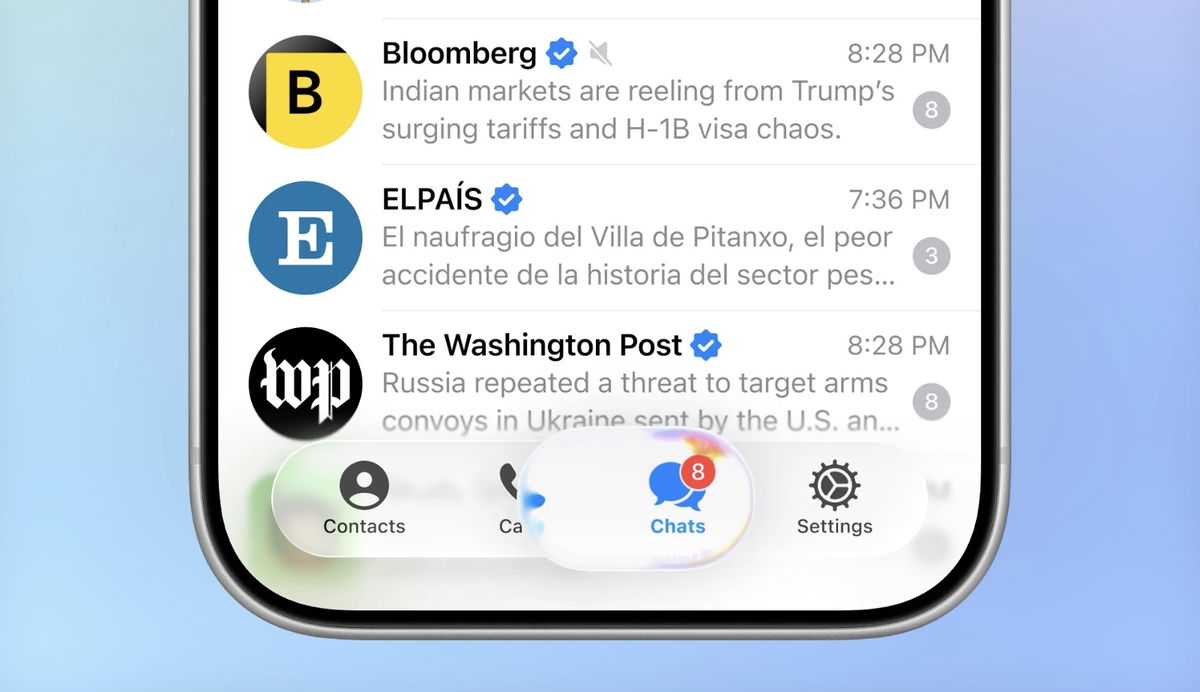Mobile phones have changed completely in twenty years. To become more useful, its size and weight have been reduced, a touch screen has been added, the memory capacity to support applications has increased significantly, not to mention cameras that offer increasingly higher quality and resolution regardless of brand.
From black or gray cubes with buttons and antennas, they have turned into touch tablets that manage our lives.
A single generation has already seen huge changes in the device they carry in their pocket, which creates great curiosity about the future, especially in a context like today, where artificial intelligence is becoming more powerful. What will mobile phones be like in a few years? We asked Chat GPT4 this question and he answered it.
See also: (What is the origin of the universe? Artificial intelligence said so)
“While it is impossible to accurately predict the future, I can offer some informed speculations about what future mobile phones might be like based on technological trends and recent developments,” the application developed by OpenAI said.
Based on the AI language model, the conversation made its prediction in several categories.
Mobile phones will be foldable and flexible. Foldable display technology may become more widespread, allowing for more compact devices that can be expanded to offer a larger screen.
We could also see phones with transparent or translucent materials, or even the ability to switch from opaque to transparent.
Sustainability will be very important; We can expect to see more phones made from recycled or biodegradable materials.
Read here: (AI: According to the AI, this will be the appearance of Olivia and Popeye)
Although it sounds like science fiction, touch may disappear. The devices can be controlled with gestures, voice, and even a brain-computer interface. reduces the need for tactile interaction.
The integration of Augmented and Virtual Reality will be more advanced and will be used for games, navigation and educational applications, among other things.
Dependence on outlets to keep the battery charged may vary. solid state batteries They can allow devices to last much longer.
Phones of the future will have more powerful processors, be able to perform more complex tasks and use artificial intelligence more effectively.
Continue reading: (Experts confirm GenIA will increase economic productivity but will have risks)
Future phones will have more advanced cameras with improved zoom capabilities, resolution and low-light features.
Advances in audio technology can enable surround sound experiences without the need for headphones or external speakers.
Connection will be faster and more efficient 6G and even superior technologies that offer ultra-high data transmission speeds.
Additionally, phones will further integrate with other devices and systems through the Internet of Things, controllers, vehicles, and more.
Artificial intelligence will be more advanced and will be able to perform more complex tasks. personalized help It means more tuned assistants based on deep learning of user preferences and needs.
Additionally, devices can monitor a variety of health and wellness metrics in real time and provide personalized recommendations and alerts.
In terms of data protection, technologies such as facial and iris recognition will be more secure and ubiquitous, and biometrics will come to the fore.
More emphasis will be placed on protecting user privacy, along with advanced options to control access and data sharing.
*This content was written based on EL TIEMPO’s consultation with the ChatGPT4 artificial intelligence and reviewed by the journalist and an editor.
DIGITAL COVERAGE EDITORIAL
TIME
Source: Exame













